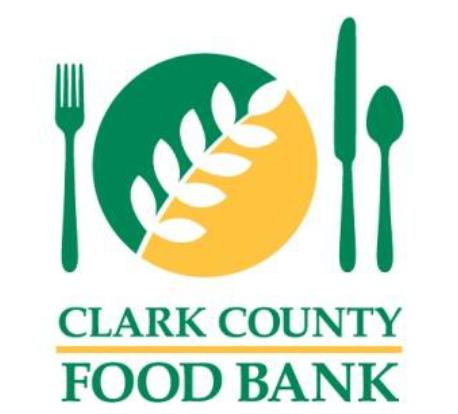Establishing a solid donor base broadens the diversity of fruits and vegetables available, makes it a community effort, and brings in more fresh produce. Farmers often don’t know that food banks accept produce, or where the closest emergency food agencies are located. Connect them to the closest or most convenient emergency food agency so they can donate their surplus directly. Some farmers worry about liability or volunteers damaging their crop. Inform them about The Good Samaritan Act and how volunteers will conduct themselves. Be a good listener, find out what their concerns are and then find productive ways of addressing them. Offer to have an offsite orientation for volunteers so that everyone is familiar with the farm rules before they arrive. Abide by the farmer’s rules; you and the other volunteers are guests. Encourage farmers to be available on gleaning days. Volunteers like to meet the farmer and you can ask questions if necessary.
Outreach

The first order of business is to create a list with pertinent information about the farms in your target area. Some online and community resources that have proven useful: WSU Farm Finder and WSU events (Women in Ag, Small Acreage Expo, Farm tour), County Farm Bureau, Food System Council, CSA Associations, Food Hub, and farmer’s markets. The farms in Clark County are smaller scale. The farmers are often the people at the market. This is a great time to introduce the gleaning program and learn more about their farm.
There also may be opportunities to volunteer on farms. Some farms have special work parties or would be happy to have an extra hand during the week. Let them know what organization you are with and that you would like to have a conversation about this. This helps you learn more about the farming culture in your area and can establish trust and familiarity.
Growers’ Gathering
In February 2012, the Clark County Food Bank held their first annual Growers’ Gathering. This event was intended to recognize and thank donors, provide greater education around the food bank, offer a tour of the facility, and plan for next year’s growing season. This is a great time to bring together new and seasoned growers to discuss different issues and provide encouragement.


